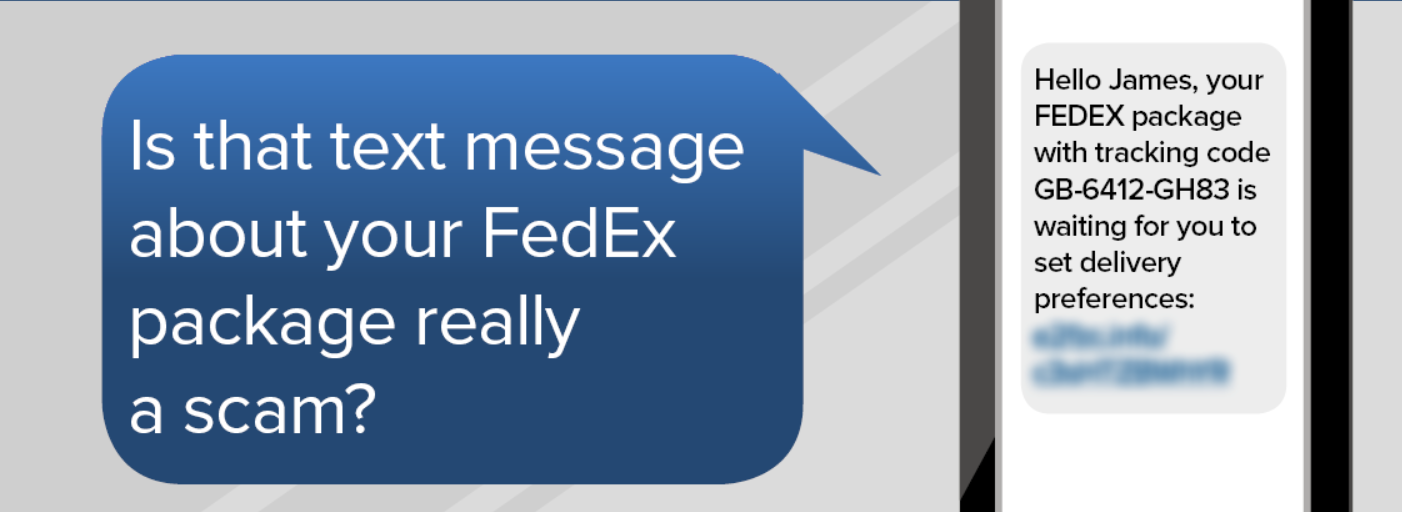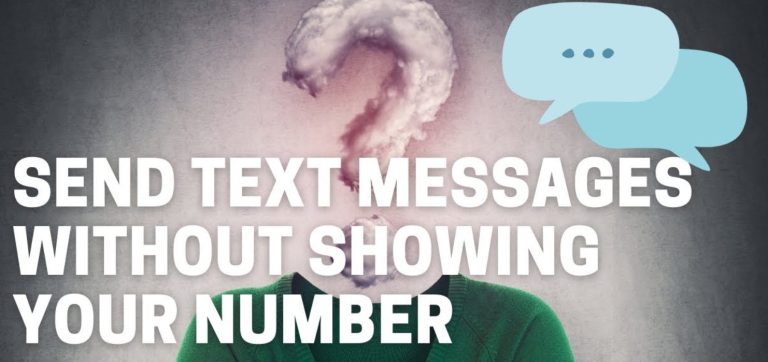SMS text phishing, also known as “smishing,” is a fraudulent attempt to trick individuals into revealing personal or sensitive information through text messages. Cybercriminals often impersonate legitimate organizations like banks, credit card companies, or government agencies to gain victims’ trust.
Contents
How Does SMS Text Phishing Work?

Smishing attacks typically follow these steps:
- The Phishing Text: The attacker sends a text message containing a deceptive message, often creating a sense of urgency or fear. For instance, the message might claim there’s a problem with your bank account or a suspicious login attempt.
- The Call to Action: The text message usually includes a call to action, urging the recipient to click on a link or call a specific number.
- The Trap: The provided link often leads to a fake website designed to look like the real one. Once the victim enters their personal information, the attacker captures it for malicious purposes. Alternatively, the phone number may connect to a scammer who attempts to extract sensitive data through conversation.
Examples of SMS Text Phishing Messages:
- “Your bank account has been compromised. Please call us immediately at [phone number].”
- “Suspicious activity detected on your credit card. Click here to verify your account: [link].”
- “You have an unpaid tax bill. Click here to avoid penalties: [link].”
Protecting Yourself from SMS Text Phishing:

- Be Skeptical: Never click on links or call numbers from unsolicited text messages, especially if they create a sense of urgency.
- Verify Directly: If you receive a suspicious text message, contact the organization directly using their official website or phone number.
- Install Security Software: Use reputable antivirus and anti-malware software on your mobile device to detect and block phishing attempts.
- Report Suspicious Messages: Report any suspicious text messages to your mobile carrier or the relevant authorities.
Remember: Legitimate organizations will never ask for sensitive information like passwords or credit card numbers through text messages. Always exercise caution when interacting with unsolicited messages, and prioritize protecting your personal information.
Read More: What Does the Number Next to a Text Message Mean?






